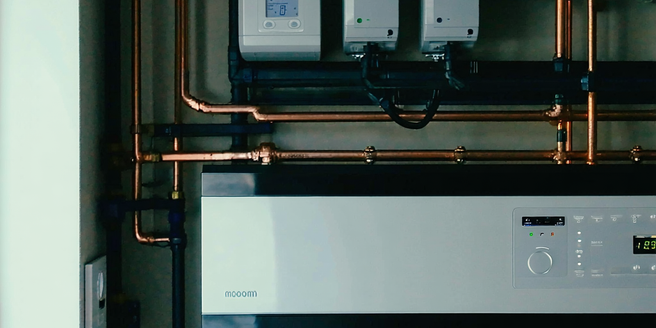
Understanding Energy Audits
Energy audits are essential tools for identifying areas of high energy consumption. An audit can reveal where energy is wasted, such as through air leaks or inefficient appliances. A professional will assess your home’s insulation, heating systems, and even lighting. Additionally, they might consider your usage patterns to tailor recommendations effectively. After the audit, you’ll receive a report highlighting specific actions to reduce energy use and save money. By understanding the audit results, homeowners can prioritize improvements based on potential savings and comfort. Implementing suggested changes not only reduces utility bills but also enhances the home’s overall sustainability. Scheduling regular audits ensures your home remains energy efficient as technology and standards evolve.
Insulation: The Key to Retaining Heat
Good insulation is crucial for a home’s energy efficiency. It acts as a barrier to heat flow, keeping warmth inside during the winter and outside during the summer, lowering heating and cooling costs. Effective insulation reduces the need for heating systems to work harder, thereby conserving energy. There are various types to consider, such as fiberglass, cellulose, and foam, each offering different benefits. With new advancements, some modern insulation materials also offer eco-friendly options. Consulting with a professional can help determine the best type of insulation for your specific needs. Proper installation is critical to ensure there are no gaps where heat can escape. Evaluating and upgrading insulation, particularly in the attic and walls, provides immediate and long-term energy savings.
Choosing Energy-Efficient Appliances
Opting for energy-efficient appliances is a straightforward way to reduce energy consumption. These appliances use less power while maintaining the same performance levels. They are a practical choice for environmentally conscious consumers. When shopping, look for the ENERGY STAR label, which indicates products that meet stringent energy use guidelines. It’s also worth noting that many energy providers offer rebates for purchasing such products. Think about the long-term savings on energy bills when investing in these appliances. Consider upgrading old appliances, as modern units offer advanced features and improved efficiency. Appliances like refrigerators, dishwashers, and washing machines can significantly impact energy costs if chosen wisely. In addition to savings, energy-efficient appliances contribute positively to the environment by reducing carbon footprints and conserving resources.
Utilizing Smart Home Technology
Integrating smart technology into your home offers convenience and enhances energy efficiency. Devices like smart thermostats and lighting systems learn your preferences and adjust settings to save energy. Many smart devices provide real-time data, helping you monitor and control energy consumption even when away from home. This allows homeowners to make informed decisions regarding their energy use. Additionally, these systems often come with user-friendly apps that make it easy to customize settings remotely. Scheduling automation, such as setting heating and cooling to activate only when needed, significantly cuts down unnecessary energy use. Investing in smart home systems not only improves efficiency and user satisfaction but also increases property value as homes move towards sustainable solutions.
Regular Maintenance for Optimal Efficiency
Consistent maintenance is key to ensuring that all systems in your home operate efficiently. Regularly servicing HVAC systems, cleaning or replacing filters, and checking ducts for leaks can prevent energy wastage. Scheduling maintenance tasks can help you stay organized and ensure nothing is overlooked. Keeping mechanical components in top shape reduces the risk of failures and extends the lifespan of appliances. It’s also important to examine windows and doors for drafts, which can cause significant heat loss. Remember, even small gaps can allow a surprising amount of air to escape. Seasonal checks by professionals or through DIY inspections can help identify and rectify small issues before they turn into costly repairs. Proper maintenance ensures your home remains energy efficient year-round.
